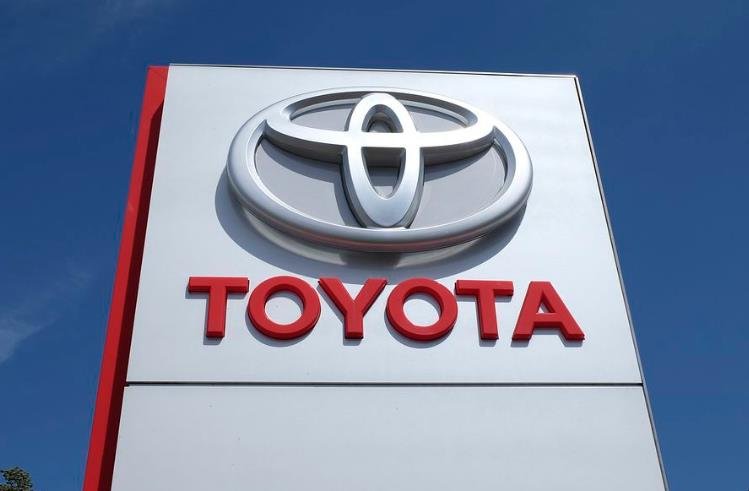Toyota, the automotive giant, has once again been spotlighted for its climate lobbying efforts, or lack thereof, ranking as the worst automaker globally in this critical arena. This article examines the implications of Toyota’s stance on climate policy and its potential impact on the company’s future.
Toyota’s reputation as an innovator in the automotive industry is juxtaposed against its conservative approach to climate lobbying. InfluenceMap’s report highlights Toyota’s persistent resistance to progressive climate policies, placing it at the bottom of the automotive sector for its lobbying actions. The company’s reluctance to embrace stricter emissions standards and its slow transition to electric vehicles (EVs) have drawn criticism from environmental advocates and industry observers alike.

Despite pioneering the hybrid vehicle with the Prius, Toyota’s hesitance to fully commit to EVs has raised questions about its dedication to combating climate change. The company’s lobbying efforts, often aligned with trade associations known for their opposition to climate policies, have only added to the skepticism surrounding its environmental commitments.
Shifting Gears or Stalling Out?
Toyota’s climate lobbying score reflects a broader trend within the Japanese automotive industry, which has been slow to electrify compared to its global counterparts. The company’s third-worst ranking in 2030 EV production plans indicates a cautious strategy that may hinder its competitiveness in an increasingly electric future.
The contrast between Toyota’s public environmental pledges and its behind-the-scenes lobbying paints a picture of a company at a crossroads. As the automotive world accelerates towards electrification, Toyota’s current trajectory could lead to a reputational and financial detour that may be difficult to navigate back from.
The Environmental and Economic Intersection
The stakes are high for Toyota, as consumers and governments alike demand more sustainable transportation options. The company’s approach to climate lobbying not only affects the environment but also its market position. With competitors like Tesla receiving higher grades for their proactive climate policies and EV commitments, Toyota risks being left behind in the race for a greener future.
Toyota’s next moves will be closely watched by stakeholders across the spectrum. Will the company revamp its climate lobbying strategy to align with global efforts to reduce emissions, or will it continue to idle while others speed ahead?
















